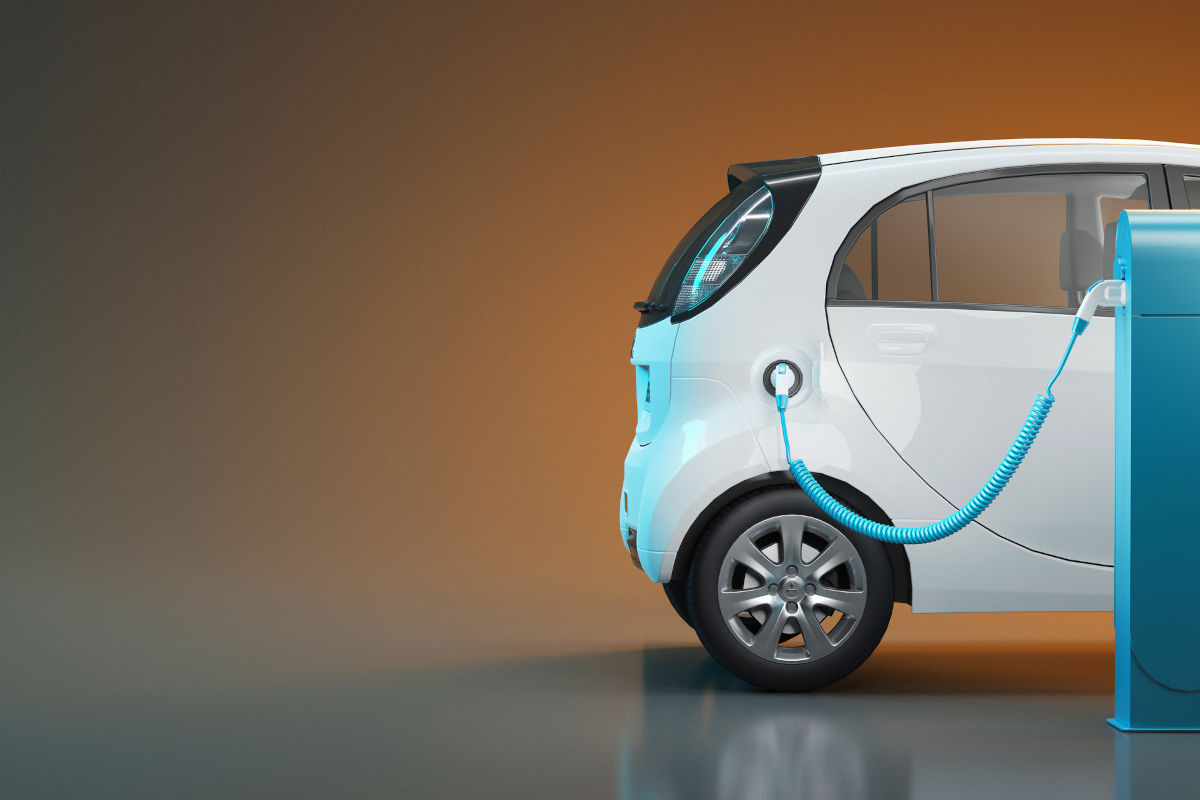Government wants to upgrade the vehicle industry and boost economic growth.
The Chinese government’s target for the year is nine million electric vehicles (EVs) sold. With this three percent increase compared to 2022, the country would further consolidate its position as the most important market for electric mobility. The growth is planned to become feasible by tax breaks on car purchases and using zero-emission vehicles in public transport, according to industry service Argus. An expansion of the charging infrastructure is planned to increase the acceptance of EVs in rural areas. With the announced measures, which also aim to increase sales of conventional vehicles, Beijing aims to upgrade its auto industry while giving its economy a growth boost, the South China Morning Post writes. The vast country is recovering much more slowly from the consequences of the Corona pandemic than expected.
Chinese car companies are in the comfortable position of being able to source the necessary critical raw materials from their own country. Even if, according to figures from the International Energy Agency (IEA), on average, only about half a kilo of rare earths are required per EV, the total demand is likely to be enormous, given the targeted sales figures. Shanghai Metals Market projects in an analysis that demand for permanent neodymium-iron-boron magnets in the sector will rise to 26,700 tons by 2025. These magnets typically consist of about 30 percent neodymium and up to eight percent dysprosium, according to magnet manufacturer Dailymag.
Photo: iStock/AlessandroPhoto


